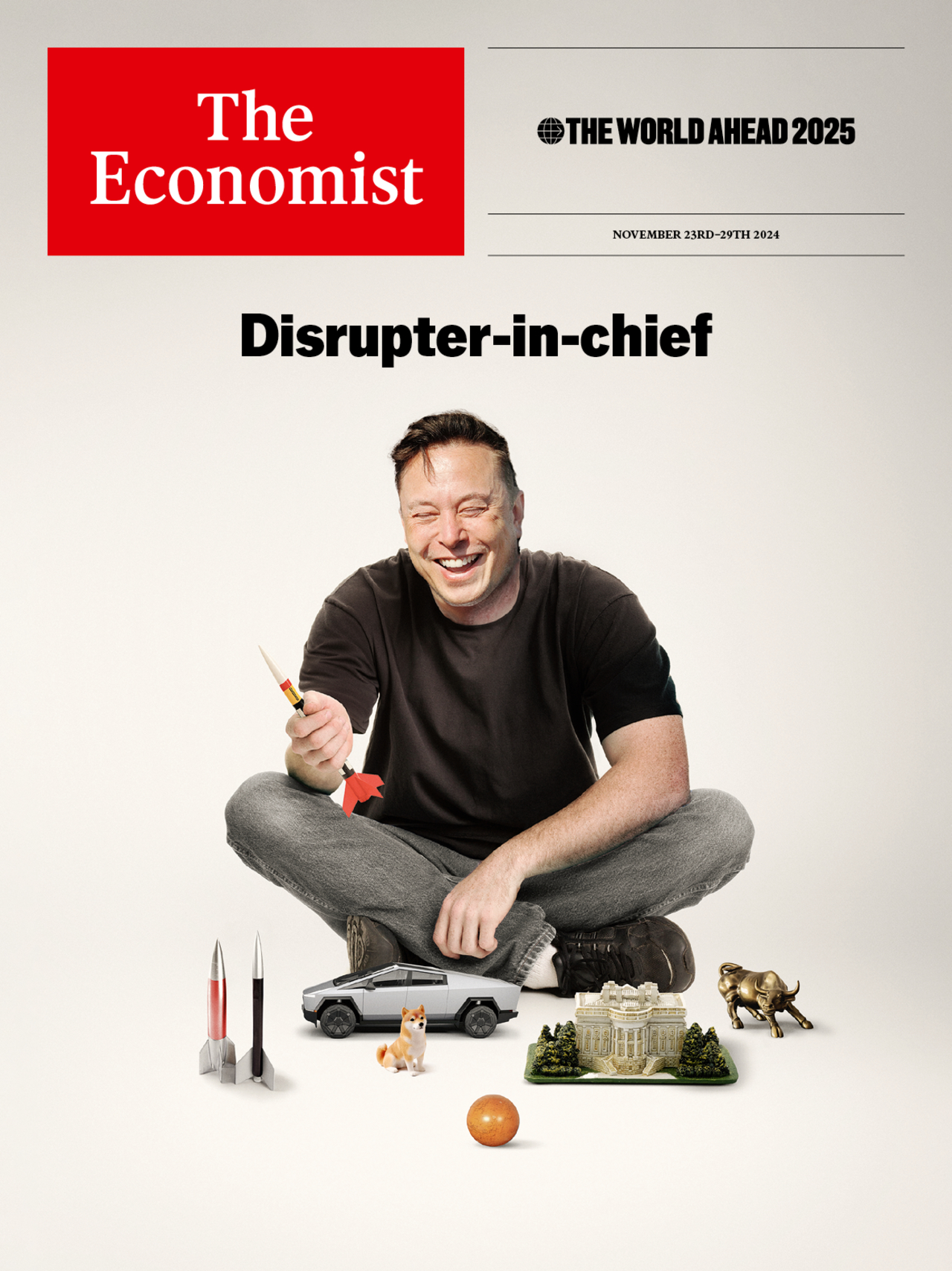Tech Giant OpenAI Faces Lawsuit Over Copyright Infringement
The Center for Investigative Reporting (CIR) has filed a lawsuit against OpenAI, the maker of ChatGPT, and its business partner Microsoft, alleging copyright infringement. The nonprofit organization, which produces Mother Jones and Reveal, claims that OpenAI used its content without permission and without offering compensation.
“It’s immensely dangerous,” Monika Bauerlein, the nonprofit’s CEO, said. “Our existence relies on users finding our work valuable and deciding to support it.”
The lawsuit, filed in a New York federal court, describes OpenAI’s business as “built on the exploitation of copyrighted works” and focuses on how AI-generated summaries of articles threaten publishers.
Independent newsrooms rely on users finding their work valuable and deciding to support it.
The CIR lawsuit is the latest against OpenAI and Microsoft to land at Manhattan’s federal court, where the companies are already battling a series of other copyright lawsuits from The New York Times, other media outlets, and bestselling authors such as John Grisham, Jodi Picoult, and George R.R. Martin.
Some news organizations have chosen to collaborate rather than fight with OpenAI by signing deals to get compensated for sharing news content that can be used to train its AI systems. However, the CIR lawsuit says a dataset that OpenAI has acknowledged using to build an earlier version of its chatbot technology contained thousands of links to the website of Mother Jones, a 48-year-old print magazine that’s been publishing online since 1993.
OpenAI’s dataset used to build an earlier version of its chatbot technology contained thousands of links to the website of Mother Jones.
But the text used for AI training was usually missing information about a story’s author, title, or copyright notice. Last summer, more than 4,000 writers signed a letter to the CEOs of OpenAI and other tech companies accusing them of exploitative practices in building chatbots.
More than 4,000 writers signed a letter to the CEOs of OpenAI and other tech companies accusing them of exploitative practices in building chatbots.
“It’s not a free resource for these AI companies to ingest and make money on,” Bauerlein said of news media. “They pay for office space, they pay for electricity, they pay salaries for their workers. Why would the content that they ingest be the only thing that they don’t (pay for)?”
The lawsuit highlights the ongoing battle between tech companies and news organizations over the use of copyrighted content to train AI systems. As the use of AI-generated summaries and chatbots continues to grow, it remains to be seen how this issue will be resolved.
The use of AI-generated summaries and chatbots continues to grow, but the issue of copyright infringement remains unresolved.















